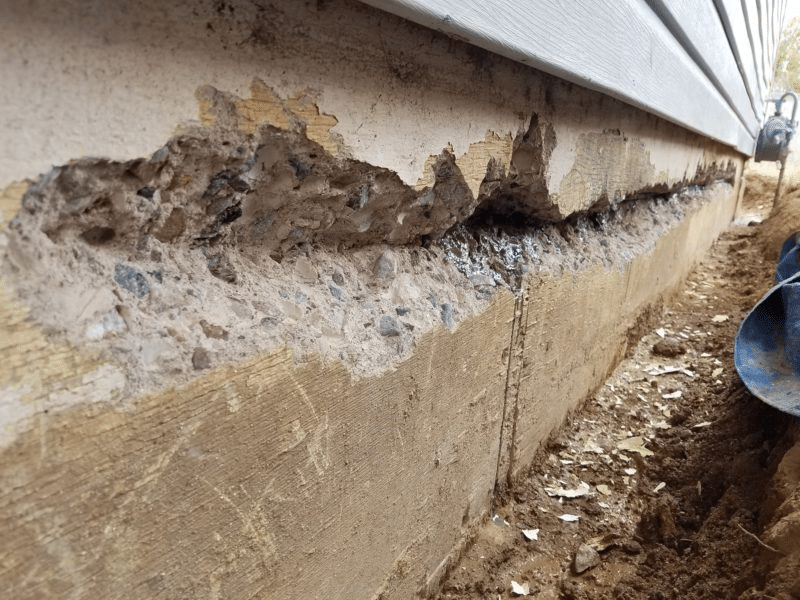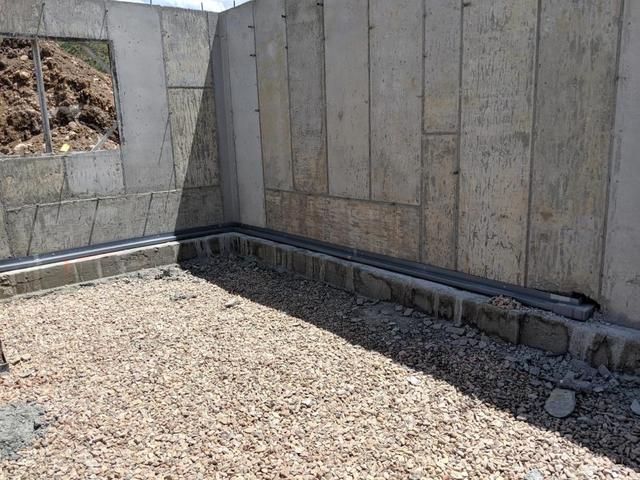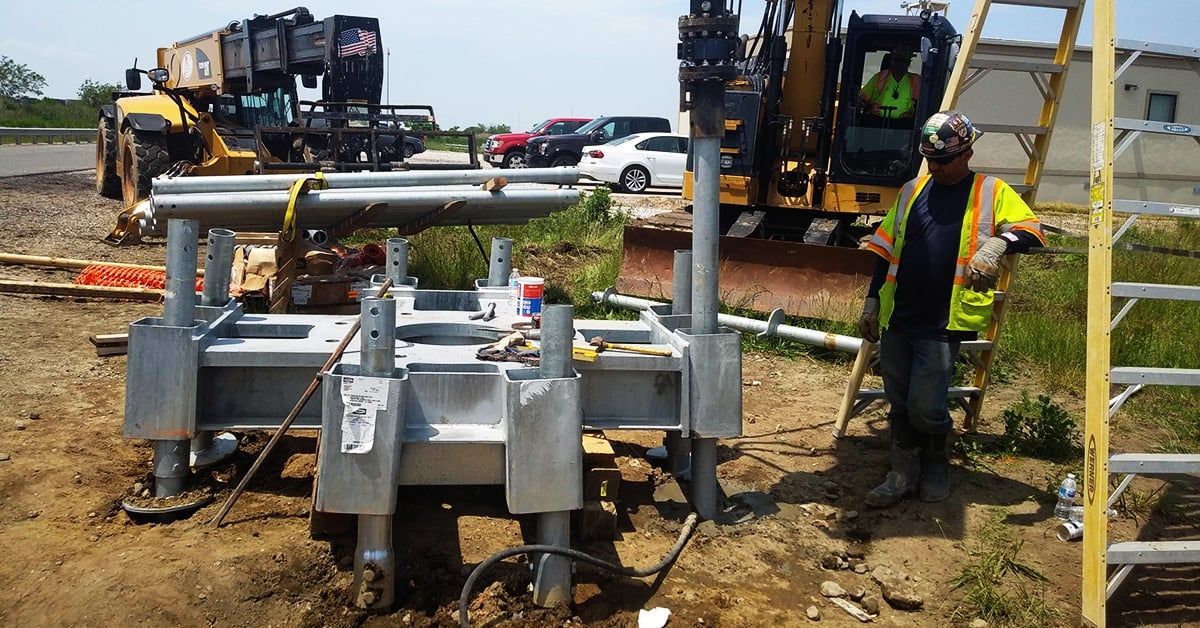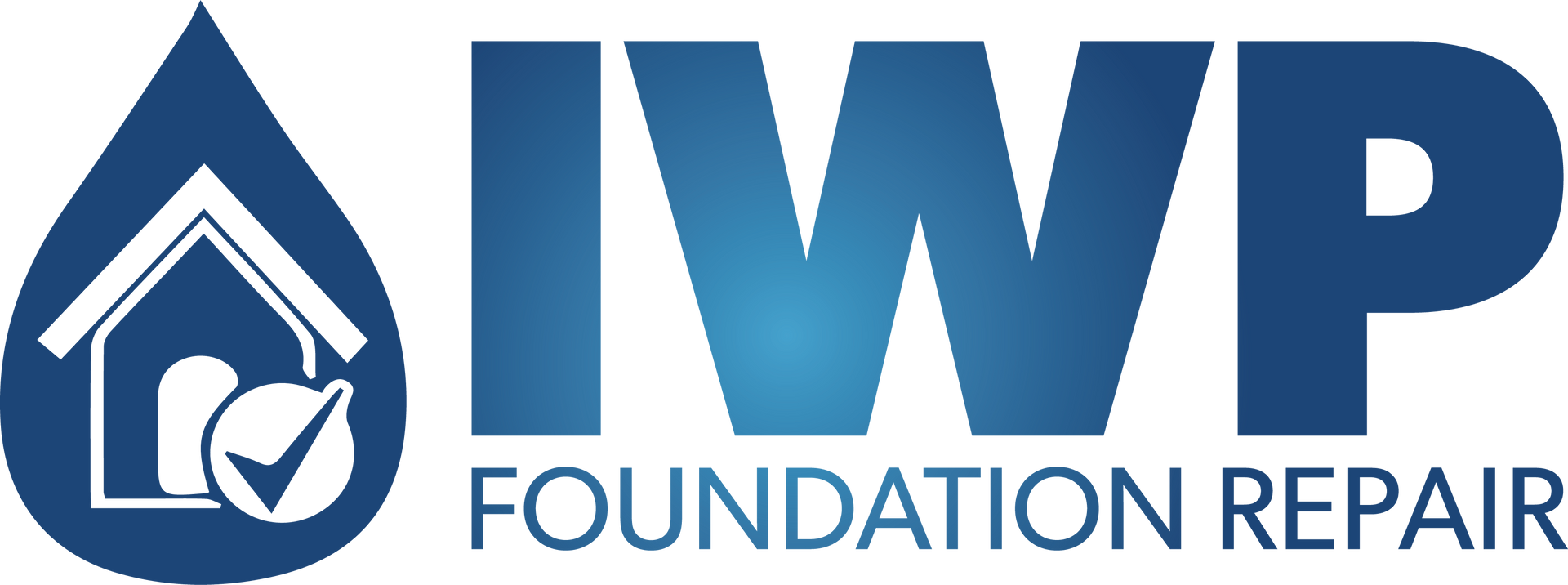Foundation Repair FAQs
Foundation Repair FAQs: Your Comprehensive Guide to Homeowner Queries
Your home's foundation is a vital component of your property, providing structural support and stability. Over time, foundation issues may arise due to various factors, such as soil conditions, moisture, or poor construction. To help homeowners better understand foundation repair, this blog answers frequently asked questions (FAQs) related to this crucial aspect of home maintenance.

FAQ #1: What Are the Common Causes of Foundation Problems?
Foundation issues can be caused by several factors, including:
- Soil Conditions: Expansive clay soils, poor compaction, or soil erosion can impact your foundation's stability.
- Moisture: Excess moisture from leaky pipes, poor drainage, or heavy rainfall can affect the foundation.
- Tree Roots: Trees planted too close to the house can extract moisture from the soil, leading to foundation settlement.
- Poor Construction: Inadequate footings, improper drainage, or subpar materials used in construction can contribute to foundation problems.
FAQ #2: What Are the Signs of Foundation Problems?
Recognizing early signs of foundation issues is crucial. Look for the following indicators:
- Cracks: Visible cracks in the foundation walls or floors.
- Uneven Floors: Sagging or sloping floors.
- Sticking Doors and Windows: Difficulty in opening and closing doors and windows.
- Bowing or Leaning Walls: Walls that are no longer flush.
- Water Infiltration: Frequent basement or crawlspace leaks.
FAQ #3: Can I Prevent Foundation Problems?
While you can't eliminate all risk, there are preventative measures to reduce the likelihood of foundation issues:
- Proper Drainage: Ensure water is directed away from the foundation through downspout extensions and well-functioning gutters.
- Regular Inspections: Periodically check for cracks, settling, or their signs of foundation problems.
- Grading: Ensure your yard is graded away from the house to prevent water accumulation near the foundation.
- Tree Placement: Plant trees at a safe distance from your house to avoid root-related damage.
FAQ #4: Can I Repair My Foundation Myself?
Foundation repair is not a DIY project. It involves complex structural work that should be left to professionals. Attempting to repair your foundation without the necessary expertise can lead to further damage, safety hazards, and costly mistakes. Always consult a licensed foundation repair expert.
FAQ #5: How Do I Choose a Reputable Foundation Repair Contractor?
Selecting a trustworthy contractor is essential for the success of your foundation repair project. Here's a step-by-step guide:
- Check Credentials: Ensure the contractor is licensed, bonded, and insured.
- Seek Referrals: Ask friends, family, or browse online reviews for recommendations.
- Multiple Quotes: Obtain estimates from at least three contractors for comparison.
- Inquire About Warranty: A reliable contractor should offer a warranty for their work.
- Experience Matters: Choose a contractor with a proven track record in foundation repair.
FAQ #6: What Are the Common Foundation Repair Methods?
Foundation repair can involve various techniques, depending on the specific issue. Common methods include:
- Foundation Underpinning: Reinforcing the foundation with additional support, often with piers or piles.
- Crack Injection: Filling and sealing foundation cracks to prevent water infiltration.
- Carbon Fiber Straps: Installing carbon fiber straps to stabilize bowing or leaning walls.
- Mudjacking: Lifting and leveling settled concrete slabs.
FAQ #7: How Much Does Foundation Repair Cost?
The cost of foundation repair varies widely based on factors such as the type of repair needed, the extent of damage, and your location. Minor repairs like crack sealing can cost a few hundred dollars, while extensive underpinning may cost several thousand. It's essential to obtain multiple quotes and thoroughly understand the scope of work.
Foundation repair is a critical aspect of homeownership, and understanding the nuances surrounding it is crucial for maintaining your home's structural integrity. By recognizing the signs of foundation problems, taking preventative measures, and consulting reputable professionals, you can address foundation issues effectively and ensure the long-term stability and safety of your home.










HAVE PEACE OF MIND WITH IWP FOUNDATION REPAIR
With over 30 years of combined experience in the business, you know that you can trust our team to get the job done right the first time. We value the customer experience, which is why we take the time to listen to your concerns, answer all your questions, and explain the best plan of action for your home. If you’ve noticed any foundation issues at all, no matter how minor they seem, you should call a professional. Our expert team is waiting for you, so call today for a free evaluation!


